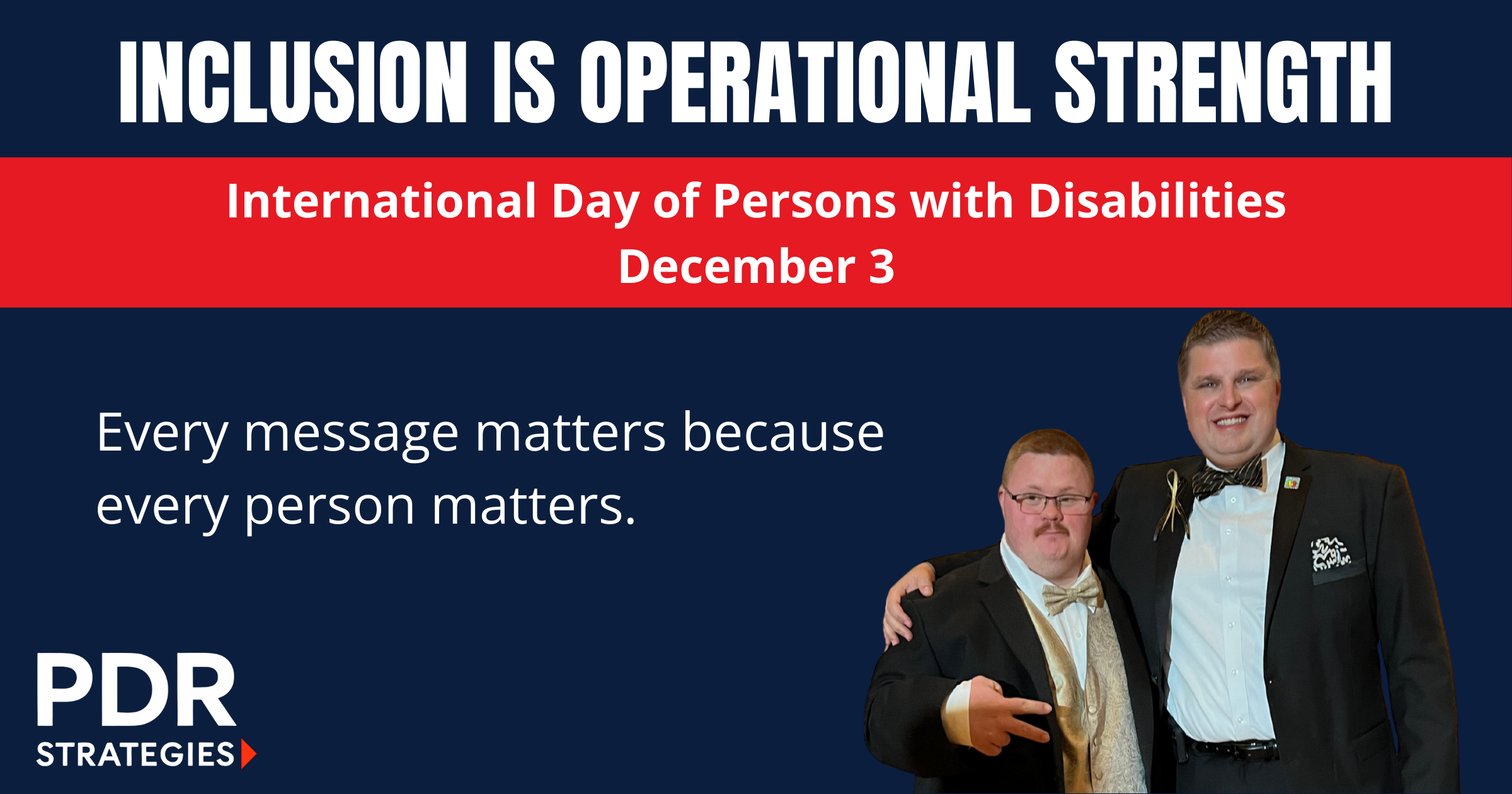Category: The Briefing Room
-
📘 What the Super Bowl Teaches Us About Strategic Communication Under Pressure
Every year, the Super Bowl puts performance under a microscope. Not just athletic performance, but also leadership, preparation, discipline, and decision-making in an environment with no margin for error. For public information officers, the parallels are immediate and unmistakable. PIOs may not be operating under stadium lights, but they communicate in moments defined by intense Read more
-
📘 Not a Resolution, a Discipline: Excellence in Strategic Communication
A new year has a way of inviting reflection. For communicators, it often comes with questions: What worked? What didn’t? What do I want to do better this year? Most professionals set goals around output—more engagement, faster responses, cleaner writing. Those are worthy aims. But the most meaningful progress does not come from doing more. Read more
-
📘 New Year, New Message: Communication Resolutions That Actually Matter
Every January, we tell ourselves this is the year things will be different. This is the year we will be more organized. More proactive. More strategic. This is the year communications will not be an afterthought, a last-minute scramble, or a reaction to someone else’s decision. And yet, if you work in communications long enough, Read more
-
🎶 “Draft it Clear” 2025 Holiday Jingle

Draft It Clear A 2025 holiday jingle by PDR Strategies. Wishing you and yours a very Happy Holiday Season! Remember to draft it clear! Lyrics: Draft it clear,Check the facts,Read it one more time,Every word and every lineShould inform, not amplify. Pause a beat,Think it through,Before you hit “send,”Clarity is kindness here,It’s how trust begins. Read more
-
📘 Five Things Every PIO Must Be Ready for in 2026
The work of the public information officer continues to evolve. The pace is faster, expectations are higher, and the information environment is more complex than ever. Whether serving in public safety, municipal government, higher education, transportation, healthcare, or any other public-facing organization, PIOs must be prepared for new challenges and rising public expectations in 2026. Read more
-
📘 Every Message Matters: Inclusion Begins with How We Communicate

December 3 marks the International Day of Persons with Disabilities, a global observance dedicated to recognizing the dignity, strengths, and contributions of people of all abilities. It is also a reminder that inclusion is not a box to check. It is a commitment that must be reflected in the way we treat people and the Read more
-
📘 When Leaders Use Harmful Language: Why the R Word Has No Place in Public Communication
Late last night, President Trump used the R word in a Truth Social post about the Minnesota Governor. Unfortunately, this is not the first time the word has surfaced in public conversation recently. The R word has been making a troubling comeback, often used to insult or belittle others in moments of frustration or conflict. Read more
-
📘 Gratitude Is a Strategy: A Thanksgiving Reflection for Communicators

Thanksgiving gives us an opportunity to slow down and appreciate the people and moments that make our work possible. For public information officers and communicators, gratitude is not only a personal value. It is a professional tool that shapes how we lead our teams, how we support our organizations, and how the public experiences our Read more
-
📘 Live TV Is Not a Rehearsal: Lessons from American Airlines’ COO on GMA

When American Airlines’ Chief Operating Officer appeared on Good Morning America last week to discuss the government shutdown and Department of Transportation flight reductions, the stakes were high. With millions of travelers affected and national attention focused on air traffic control shortages and delays at TSA checkpoints, this was the airline’s chance to project calm, Read more
-
📘 When the Story Flips: Lessons from the Mark Sanchez Incident

Editor’s Note: This article reflects verified information as of November 3, 2025. Mark Sanchez faces felony battery charges related to an October 2025 incident in Indianapolis. The case remains active, with pre-trial hearings in November and a trial scheduled for December 11. When the first headlines broke that former NFL quarterback Mark Sanchez had been Read more
